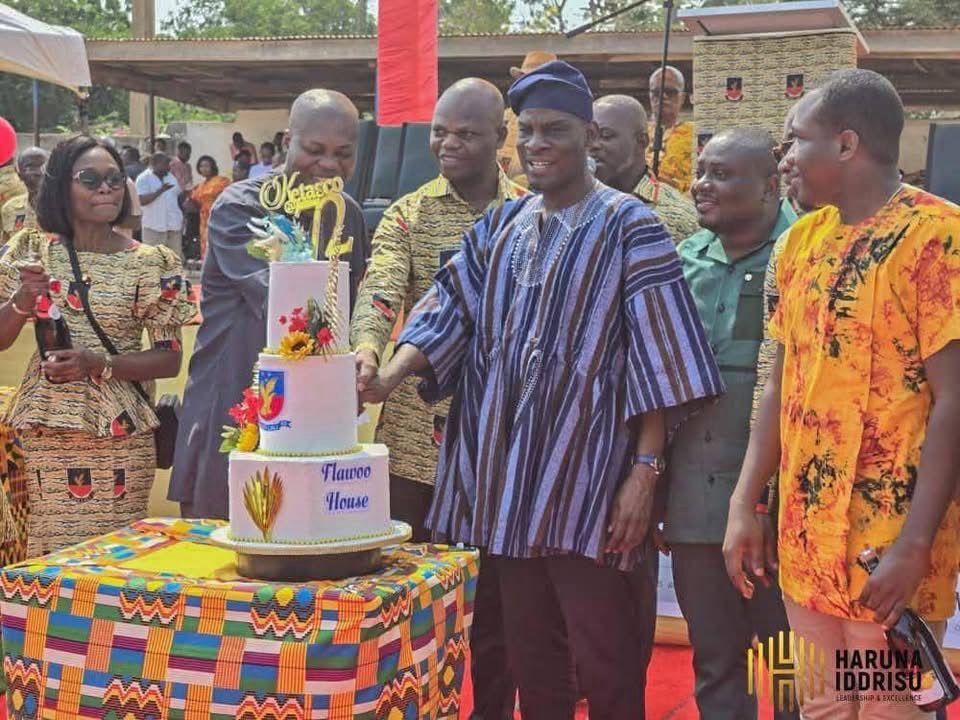At the 72nd Anniversary celebration of Keta Secondary Technical School (Ketasco), renowned economist and academic, Prof. John Gatsi, delivered a powerful address calling for compulsory digital literacy skills development and equitable access to technology to drive education in Ghana.
He emphasized the need for a transformative approach to education, from basic to higher levels, to prepare the younger generation for the challenges of the modern world.
Prof. Gatsi stressed that digital literacy is no longer optional but a necessity for Ghana’s development. He urged the government and stakeholders to prioritize equitable access to technology, particularly in underserved communities, to bridge the digital divide.
“Our education system must evolve to meet the demands of the 21st century. Compulsory digital literacy skills development and equitable access to technology are critical to driving basic to higher education in Ghana,” he said.
The economist also called for a shift in economic management to align with the aspirations of the younger generation. He highlighted the need for policies that create opportunities for youth involvement in governance and decision-making processes.
“The younger generation desires to be part of governance. We need productive economic management that impacts their aspirations and empowers them to contribute meaningfully to national development,” he stated.
Prof. Gatsi painted a vivid picture of the struggles faced by many young Ghanaians, describing a “generational hustle” where young people engage in multiple activities but still struggle to make ends meet.
“Many young people are hustling tirelessly, yet their incomes do not reflect their efforts. They cannot raise families, and some are so frustrated that they risk everything to cross over to Europe and Asia in search of a better life,” he lamented.
Prof Gatsi urged policymakers to address these challenges by creating an enabling environment for young people to thrive economically and socially.
Prof. Gatsi emphasized the need for a forward-looking education curriculum that aligns with Ghana’s developmental goals.
“Our curricula should define the future we want. We must equip students with the skills and knowledge needed to tackle future challenges and drive innovation,” he said.
Referencing a 2024 World Bank report on Ghana’s public finances, Prof. Gatsi noted that despite good intentions, many social assistance programs fail to deliver impactful benefits. He criticized the incomplete implementation of fiscal policies and the prioritization of debt payments over infrastructural development.
“We need a new framework for infrastructural finance and inclusive growth. Combating corruption and reviving hope for the new generation must be at the heart of our efforts,” he asserted.
Prof. Gatsi called for greater youth involvement in national policy formulation, execution, and accountability. He argued that bridging the generational gap is essential for sustainable development.
“This generation wants involvement. Let young people be part of the process—from policy formulation to execution and accountability. Their voices matter,” he admonished.


